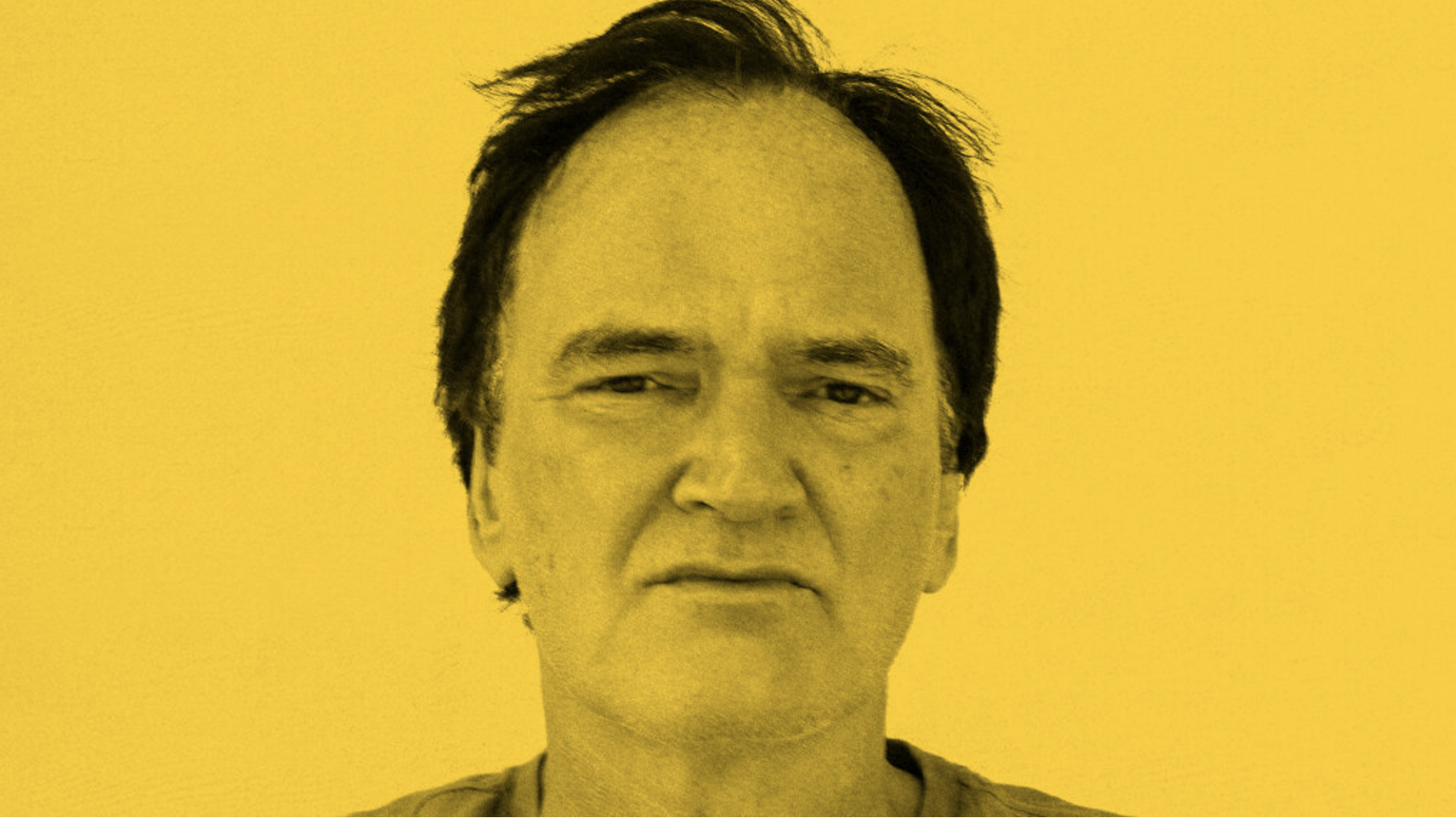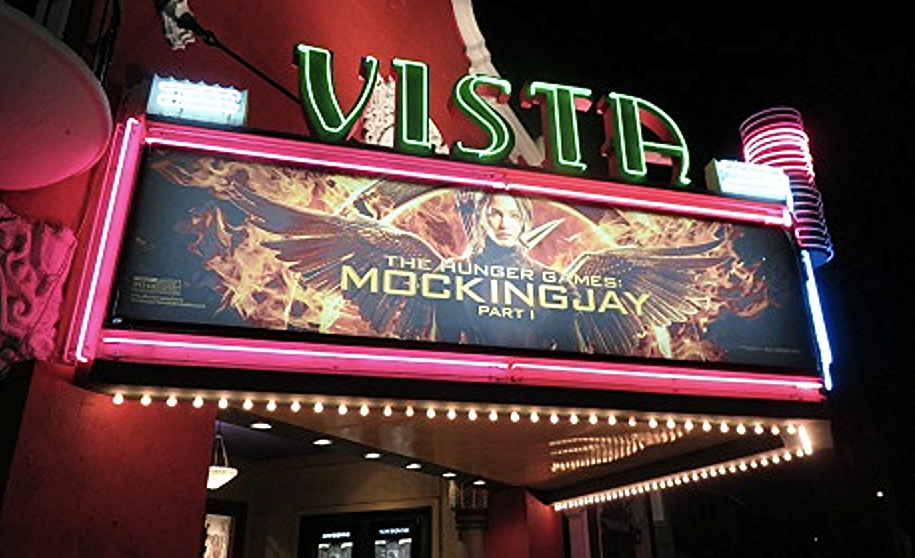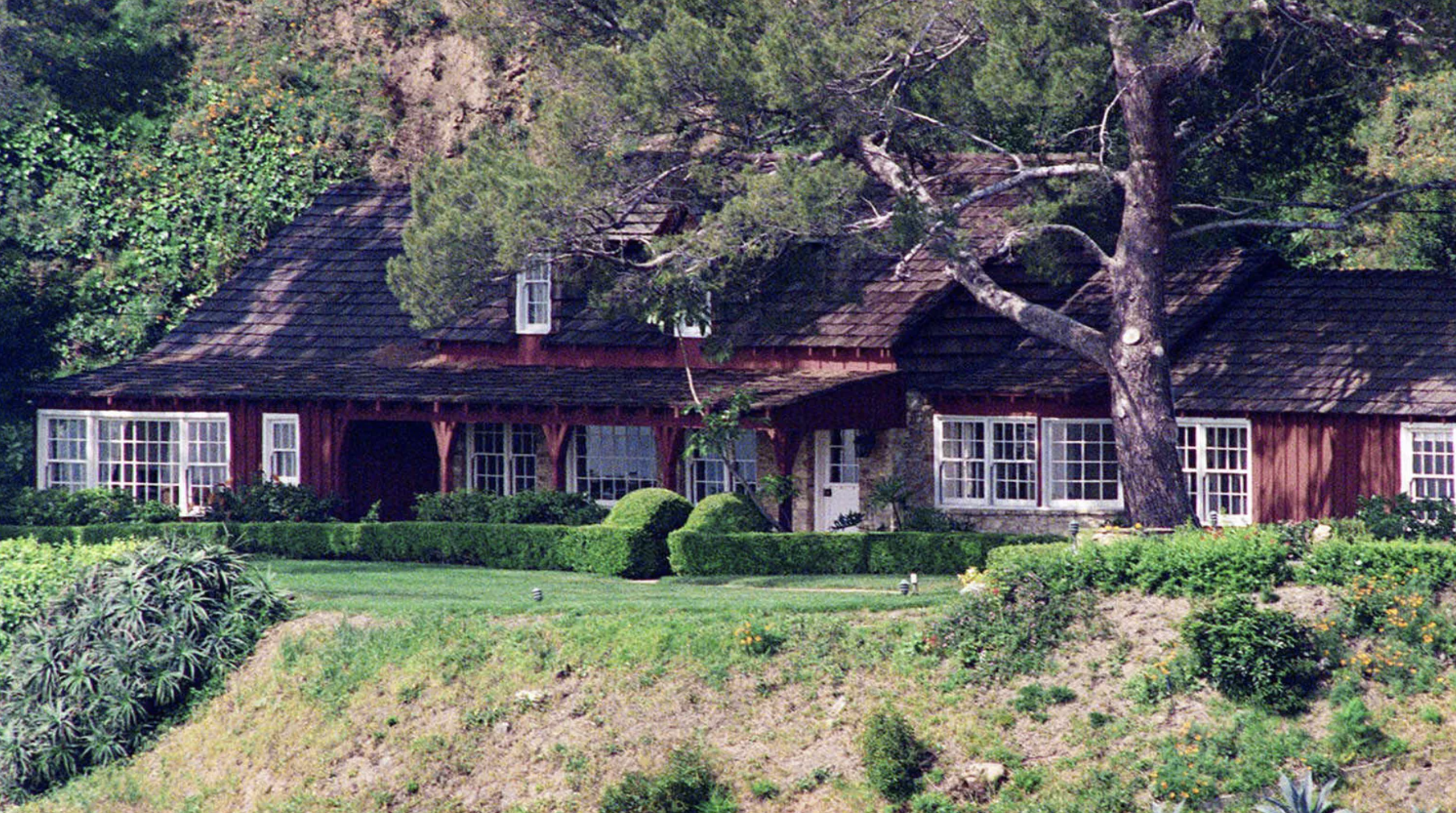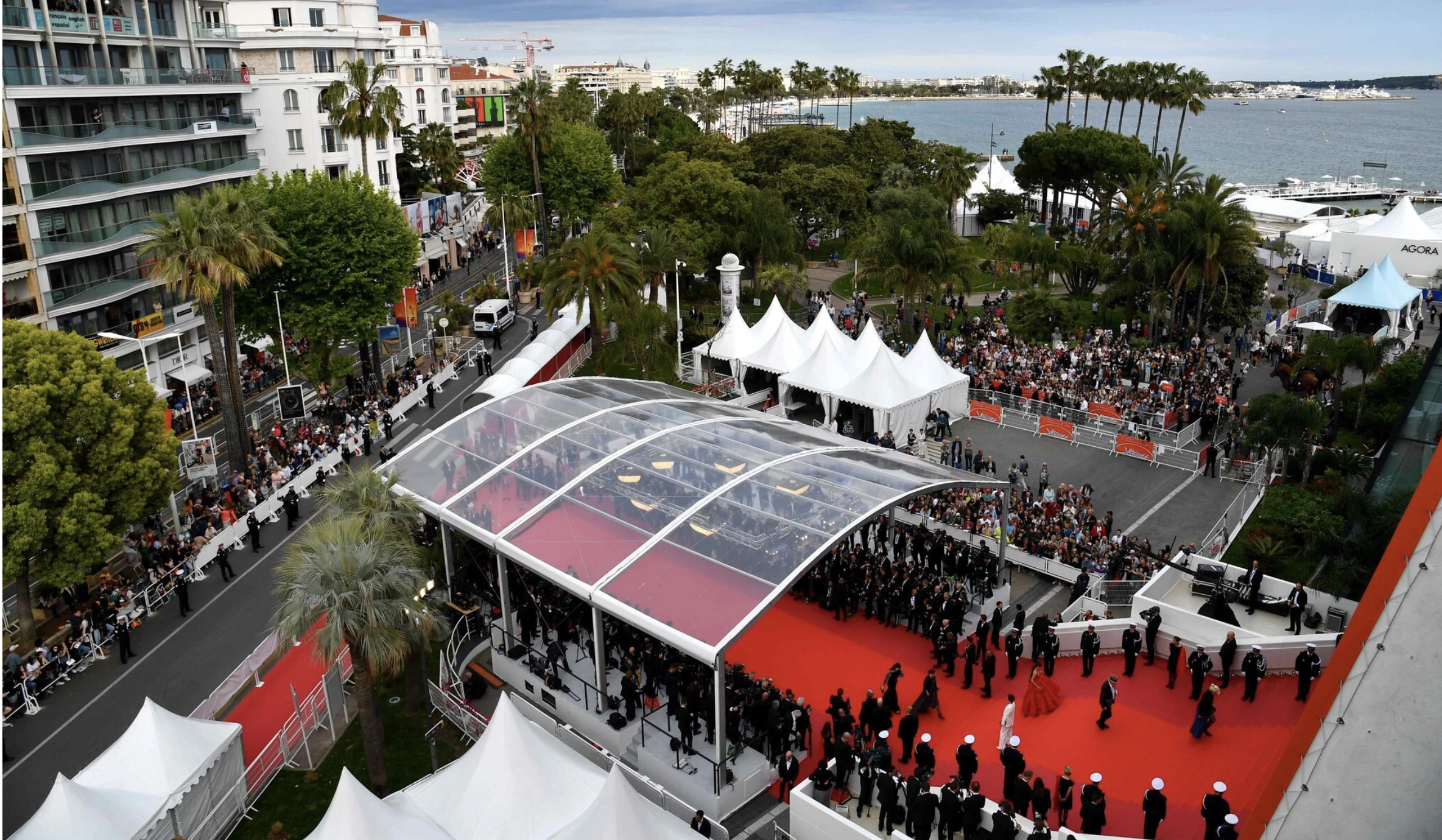21 and 1/2 years ago Ronan O’Casey, an uncredited but pivotal Blowup costar, wrote to Roger Ebert to explain some of the odd particulars behind the shooting of Michelangelo Antonioni‘s 1966 London-based classic. Worth reading if you’re any kind of Blowup fan. Here’s the original Ebert posting:
O’Casey to Ebert, dated 2.10.99: A friend recently sent me your column in the Nov. 8, 1998 Denver Post about the movie Blowup. As I actually played the [murder victim] in that fine movie, I thought you might enjoy knowing the behind-the-scenes story of how the film was made (or not made, in fact). Your column proclaims it to be a great film, and I am not trying to discredit that opinion. But it is nonetheless an unfinished work, and it raises the fascinating question of how much of the “art” of a final film is intentional — or accidental.
My name is Ronan O’Casey, and I played Vanessa Redgrave‘s gray-haired lover in the film. The screenplay, by Antonioni, Tonio Guerra, and Edward Bond, told the story of a planned murder. But the scenes depicting the planning of the murder and its aftermath — scenes with Vanessa, Sarah Miles and Jeremy Glover, Vanessa’s new young lover who plots with her to murder me — were never shot because the film went seriously over budget.
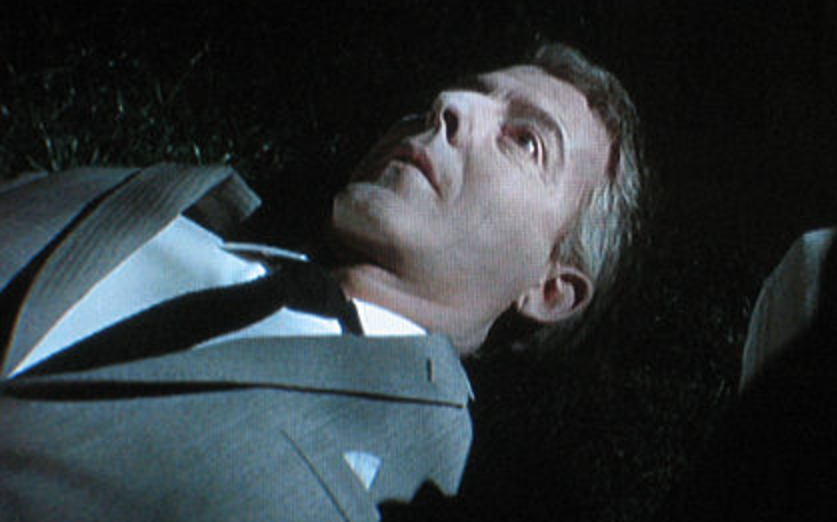
The intended story was as follows: the young lover, armed with a pistol, was to precede Vanessa and me to Maryon Park in London, conceal himself in the bushes and await our arrival. I pick up Vanessa in a nice new dark green Jaguar and we drive through London — giving Antonioni a chance to film that swinging, trendy, sixties city of the Beatles, Mary Quant, the Rolling Stones, and Carnaby Street. We stop and I buy Vanessa a man’s watch, which she wears throughout the rest of the film. We then saunter hand in hand into the park, stopping now and then to kiss (lucky me). In the centre of the park, Vanessa gives me a passionate embrace and prolonged kiss, and glances at the spot where her new lover is hiding. He shoots me (unlucky me), and the two leave the park intending to drive away. Their plans goes awry when she notices Hemmings with his camera and fears that Hemmings has photos of her. As it turns out, he has.
None of this was ever shot. There were other scenes, such as those between Miles and Glover, that also went unrealized. (Sarah tried to get her name off the film because she ended up with so little screen time.) Some of the scenes that were shot pertaining to the murder plot ended up in the film, but are completely puzzling to the audience.
You stated in your article that Antonioni must have been happy while he was making this film. Well, yes, he was, at least while he was overspending his budget lavishly. The crew once spent days making the surfaces of the road a darker gray. And then there’s the famous slow pan along a row of houses and up to an enigmatic, oddly shaped neon sign (designed and built by the art department) on top of the hill. The houses were real inhabited ones, but Antonioni did not like their colors. He had them all repainted, much to their owners’ delight and the producer’s chagrin.
The producer was Carlo Ponti, and he had been supervising another production which delayed his arrival in London. When he got there, he was furious. “Basta, Michelangelo, finito, we are done!” Shooting stopped and the crew went back to Italy. Antonioni took the bits and pieces of the film that had been shot and wove them together in a film since hailed for its “mystery” and “enigma.” Of course it was mysterious — it was never finished!
It is entirely possible that Antonioni could have filmed his entire screenplay and still cut and edited it the same way. Incomplete as it was, it reflects Antonioni’s penchant for toying with illusion and reality. At the time, though, it sure felt that he had put one over on his audiences and critics, who raved about the movie.
There was one exception to the rule in Der Spiegel. A reporter from the magazine interviewed me for an article they called “The Dead Man Speaks.” He kept saying, “But this movie makes no sense — no narrative thread, no plot line!” No Teutonic realism. Totally illogical.
By the way, here is another interesting bit of gossip for you about the movie. You’ll remember the scene in which Hemmings photographs the two models playing around with large rolls of brightly colored paper. This shot predated by some 30 years the famous snatch-shot of Sharon Stone in Basic Instinct. Jane Birkin, one of the models, was wearing no knickers and there is a brief glimpse of her unadorned pudenda. In 1969 this scene generated an enormous amount of publicity. All over America, men and boys lined up to get a glimpse of this sexually explicit shot.
Years later I bumped into Ponti inside Cinecitta, and he told me wryly that when all of the 200-some prints were returned, every one was a few feet shorter than it ought to have been. In every print, Jane Birkin’s pussy had been neatly trimmed by the projectionist. So all the males who were being turned on by that quick glimpse of alleged nudity were seeing it only in their imaginations.
I was thrilled to be offered a part in this film, opposite Vanessa and directed by Antonioni, even if I ended up as a kiss and a corpse. But this letter is not meant to be a vintage whine by a dissatisfied actor. Rather, it is a reflection on how difficult it is to be precise about the meaning of art and the intentions of the artist. Truth is multifaceted, particularly at 24 frames a second. Antonioni was a great director and you are probably right about the greatness of Blowup — I certainly hope nobody ever finishes it.
Postscript: Born in 1922, the prematurely gray O’Casey was only 43 or 44 when Blowup was shot in the fall of ’65. He died in 2012 at age 89.




